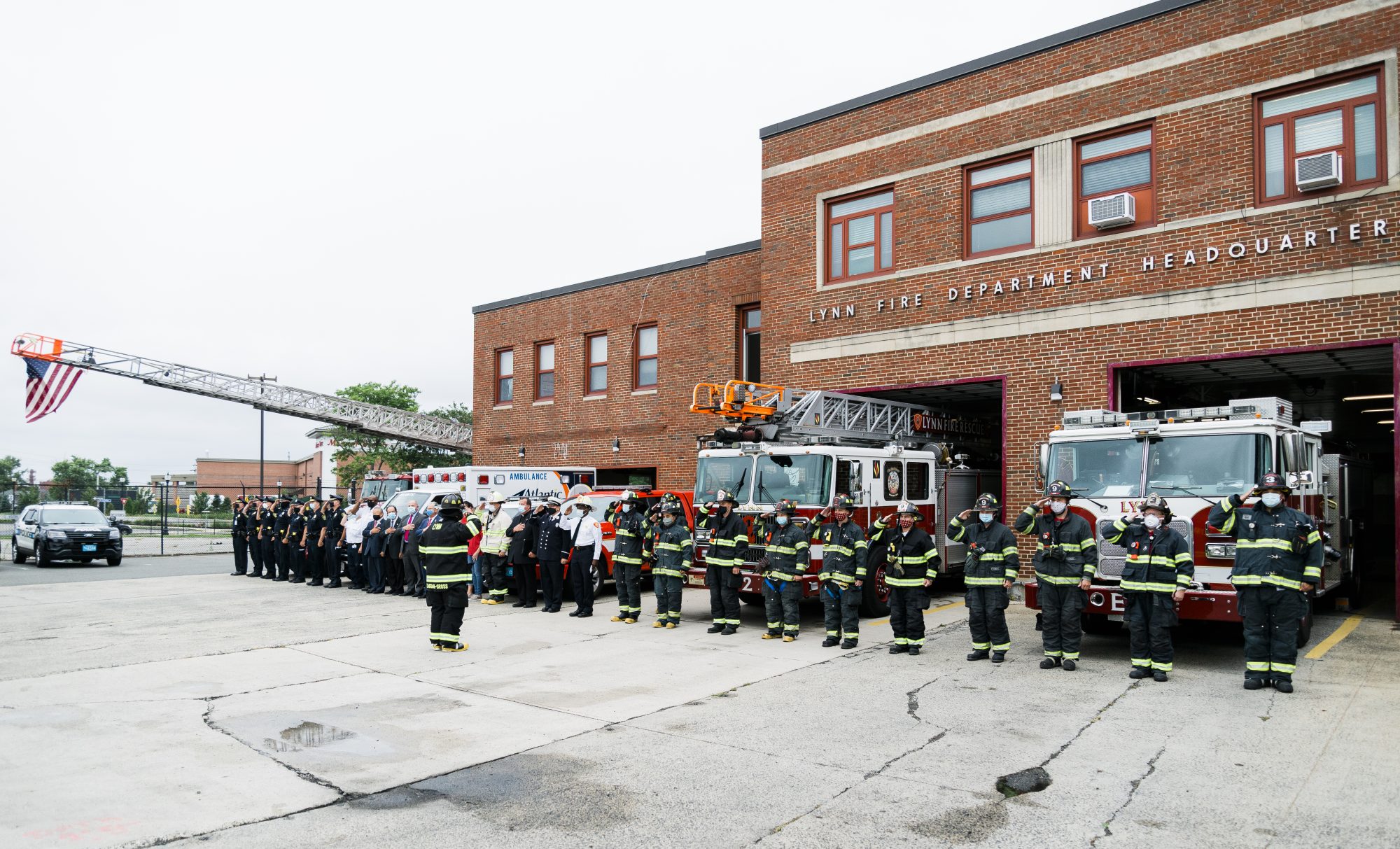Sunday is the 21st anniversary of the 9/11 attacks that killed 2,977 people in four coordinated terror attacks on a bright Tuesday morning. It is also the day when we remember the people who died or continue to suffer from mental and physical ailments associated with the attacks and the military campaigns that grew out of them.
On Sunday at 8:46 a.m., first responders will pause to mark the moment American Airlines Flight 11 struck the World Trade Center’s North Tower in New York City.
The images of a smoke plume rising from the stricken twin towers and the freeze frame photographs of airliners striking the skyscrapers are burned into the memories of anyone old enough to watch television or stare at a computer or mobile device screen on that morning.
The terror victims were Americans and people from other countries. They came from all walks of life and pursued occupations across the employment spectrum. They started their day on Sept. 11, 2001 and never came home.
People who remember that Tuesday recall how a nation now divided by deep political fault lines, rallied in the days after the 9/11 attacks. American flags fluttered on homes, car antennas, street corners, and businesses.
People shook their heads over media accounts describing how a bearded man in flowing robes and the terrorist organization, al-Qaeda, masterminded the attacks and trained 19 terrorists to hijack four airliners.
The attacks launched the United States into the longest foreign war in its history. Troops poured into Afghanistan intent on hunting down al-Qaeda and their Afghan Taliban allies. Soldiers returned to Iraq on the bogus pretext that the country harbored “weapons of mass destruction.”
“Homeland” entered the American popular vocabulary and “see-something-say-something” became a cautionary reminder. The federal Department of Homeland Security spawned the Transportation Security Administration (TSA) and airline passengers got accustomed to long lines snaking through metal detectors with blue-clad TSA workers reminding them to remove their shoes and place their laptops and personal items in the bin.
Most people 30 years and older can recall where they were on that Tuesday morning. They can still summon the fear and shock they felt as the attacks unfolded in rapid succession.
On Sunday, they can become teachers, taking a few minutes to talk to someone who wasn’t born before 2001 about the attacks and how 9/11 changed the country in the years that followed.
The youngest listeners are likely to ask questions no adult can answer: “Why were those people so mad at us?” “Will someone come and try to kill us again?”
Answers to those queries from the minds and mouths of the most innocent elude us 21 years after 9/11. If we teach the history of that day and its aftermath, unvarnished by the tug and pull of political agendas and conspiracy nonsense, we will be able to offer what amounts to the start of an answer.

